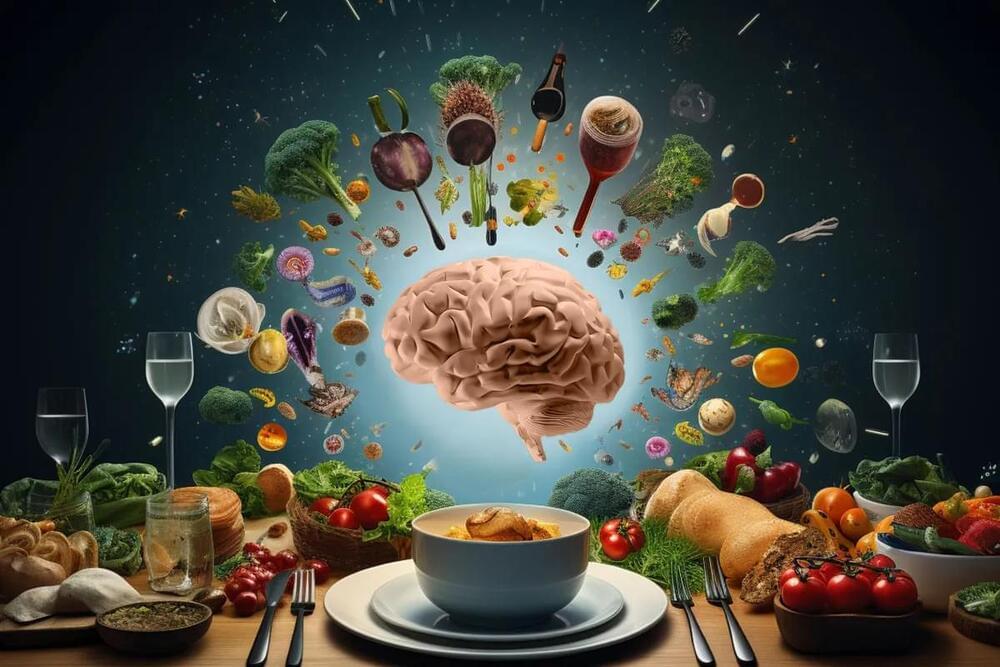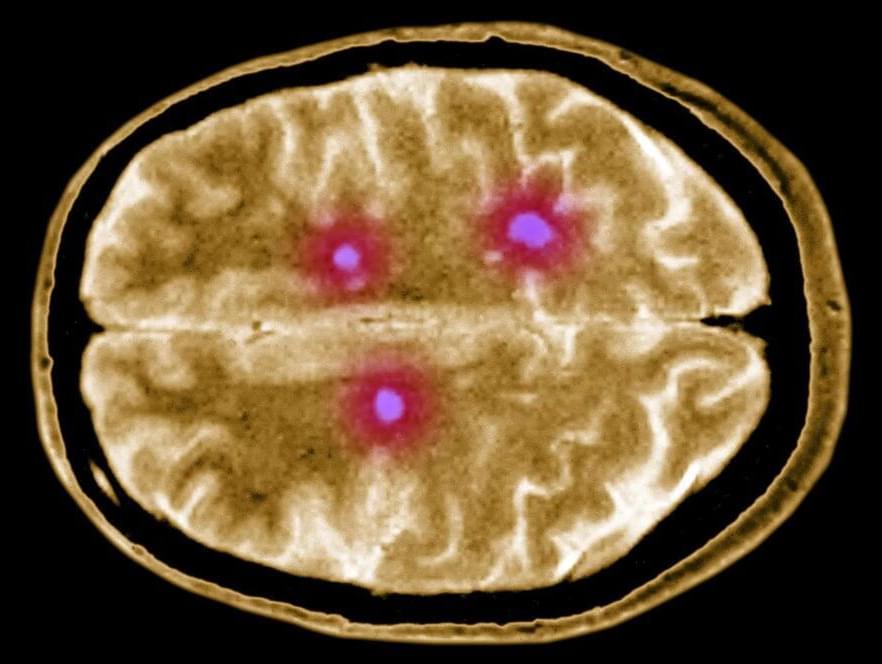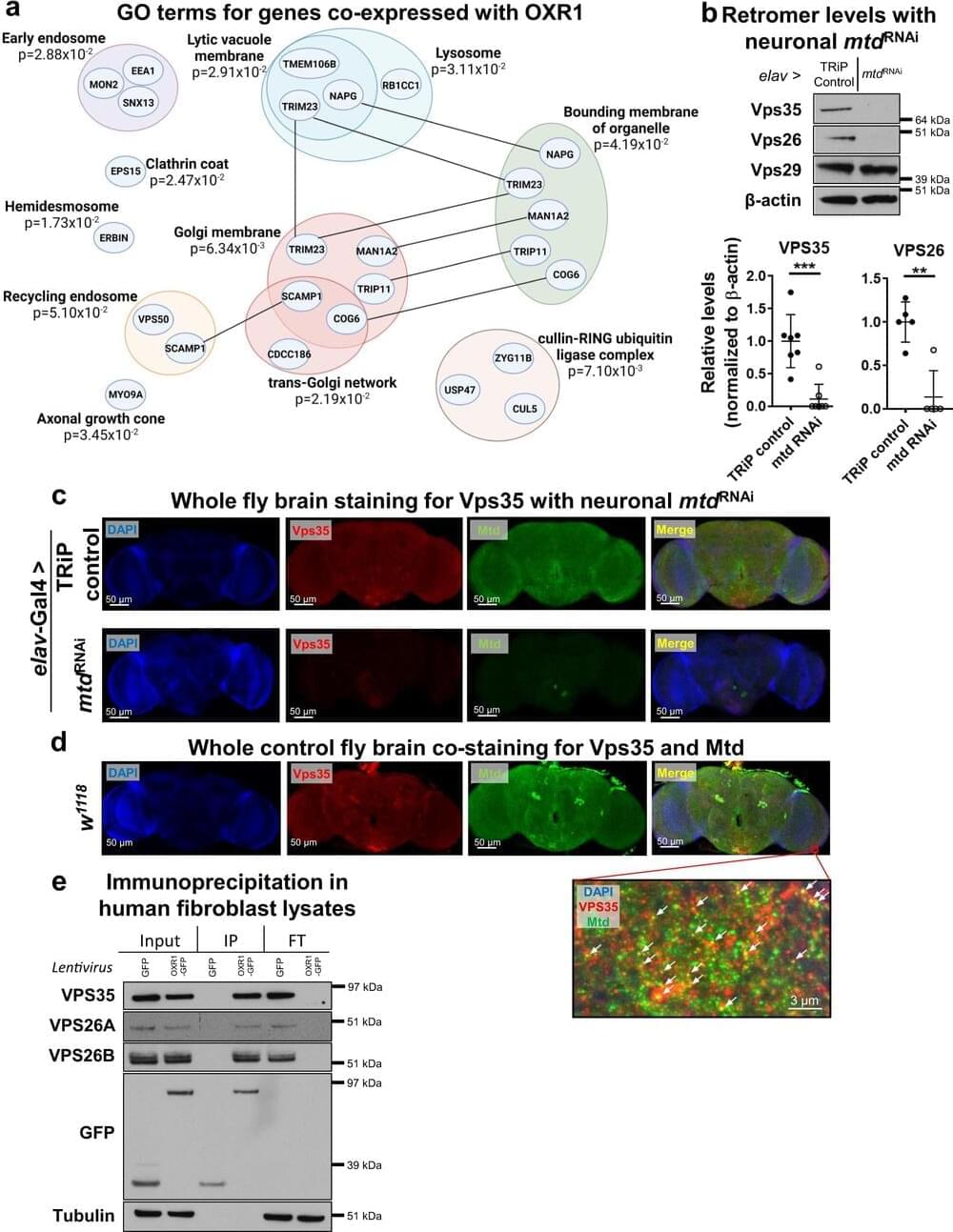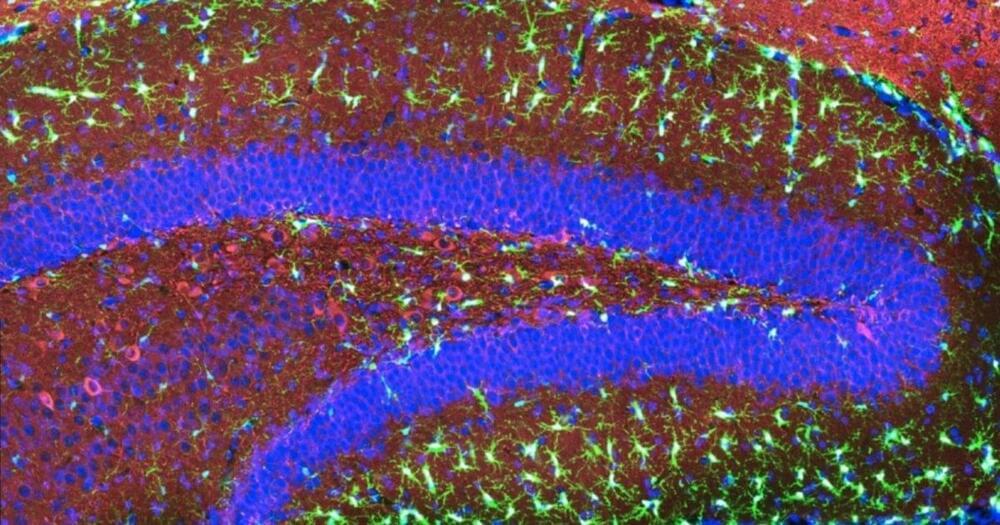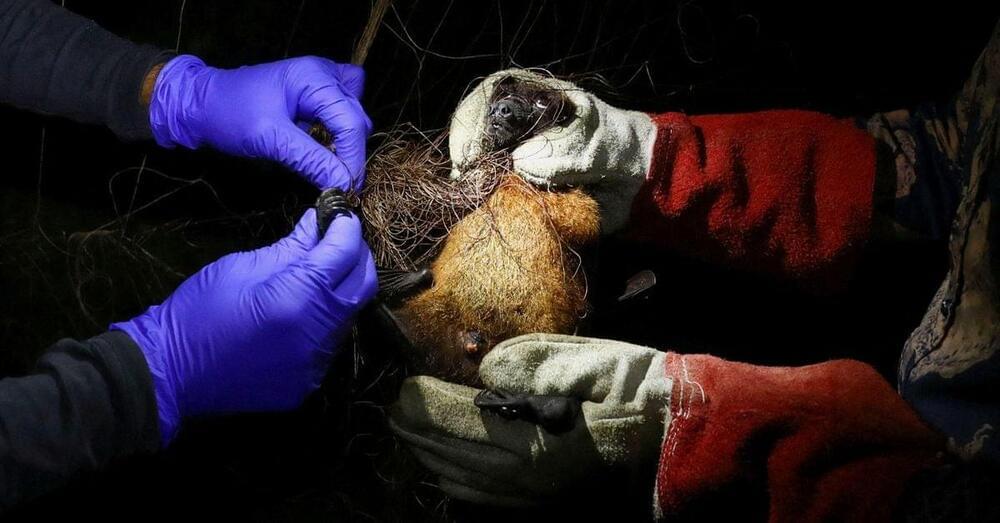In my paper, “A Case for Physicalism about the Human Mind,” I didn’t attempt to defend physicalism about human mentality (henceforth, just physicalism) against the many objections that philosophers, and others, have made to it. Instead, I tried to assemble positive evidence that physicalism is true, while insisting that no aspect of human behavior, including human linguistic behavior, makes it necessary to adopt any kind of dualism about human mentality. In their reply to my paper, Professors Taliaferro and Goetz (henceforth, TG) don’t engage in any detail with my positive case for physicalism[1], and they offer no examples of human behavior that can’t be explained unless some kind of dualism is assumed. Their main objection to my paper is, rather, that, because it only takes account of evidence “from the third-person point of view,” it entirely overlooks “the first-person point of view,” which, they hold, shows us that human mentality has certain features incompatible with physicalism. Examples of such features would be that “a choice is an uncaused mental event,” and that “a reason is a purpose that provides an ultimate and irreducible teleological explanation of that choice.” In my reply to TG, I’ll respond to this objection only; I won’t take up every disagreement I have with TG’s reply.
Before I can respond to TG’s main objection, however, I must clarify it. Since “the first-person point of view” is presumably just the point of view provided by introspection, TG’s main objection must be that introspection of one’s mental states somehow shows one that human mentality has certain features incompatible with physicalism. However, it’s important to distinguish between the following two claims:
(TG1) By introspecting one’s own (say) choices, one acquires some reason to think that they are uncaused mental events.
